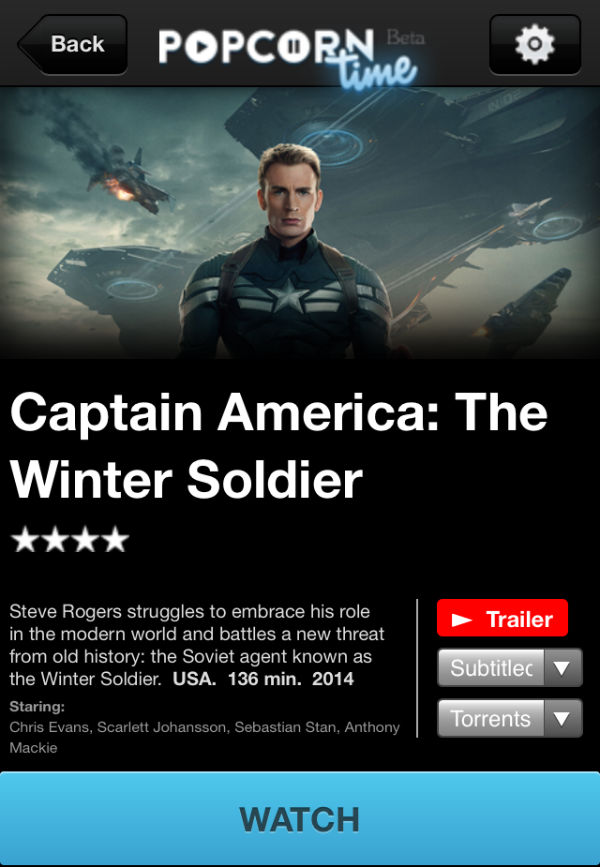Wounded Warrior Project Sues ‘Rival’ Over Copyright
mercredi 1 octobre 2014 à 16:12Helping the most disadvantaged in society is an honorable aim, so it’s always sad when charitable groups with similar missions choose to fight each other in the courts. Making lawyers rich is not what most donors have in mind when they make their contributions.
Still, this is the path being embarked on by the Wounded Warrior Project (WWP). The non-profit, which was founded after the events of 9/11 in order to support wounded veterans of the military, says another non-profit is unfairly piggybacking on its image and marketing.
Keystone Wounded Warriors is an Eastern Pennsylvania-based non-profit which aids veterans by raising awareness and seeking the public’s support for related programs and services.
“Funds donated to Keystone Wounded Warriors are used to support local post-9/11 veterans and their families located in or with ties to Pennsylvania,” KWW says.
Unfortunately WWP have a number of issues with KWW and have ordered their legal team to resolve them via action in the U.S. District Court for the Eastern District of Pennsylvania.
Lawyers for Wounded Warrior Project are seeking an injunction against Keystone Wounded Warriors on several grounds, including copyright and trademark. Firstly, WWP say that the logo used by KWW is too similar to its own. Both use silhouettes to depict scenes of war in which veterans help veterans, and each use a similar font.

According to PennRecord, the Wounded Warrior Project has used its logo for 10 years and received trademark approval in 2005. This trademark, WWP says, has an estimated publicity value of $500 million.
In addition to a dispute over WWP imagery allegedly present in photographs of KWW fund-raising events, the Wounded Warrior Project says the Keystone Wounded Warriors mission statement is far too close to their own. WWP promise “To honor and empower Wounded Warriors” while their ‘rival’ claims “To honor, empower, aid, and assist Pennsylvania service members.”
While WWP appear to have a reasonable point that KWW’s branding is likely to cause confusion, their demands are such that if KWW lose the case, KWW-supported veterans will suffer. In addition to an advertising campaign to educate donors and the public that the WWP and KWW are not affiliated, WWP is seeking punitive and compensatory damage for any infringements.
According to its latest report, Wounded Warrior Project generated revenues of $300 million, up from $200 million the year before.
Source: TorrentFreak, for the latest info on copyright, file-sharing and anonymous VPN services.




